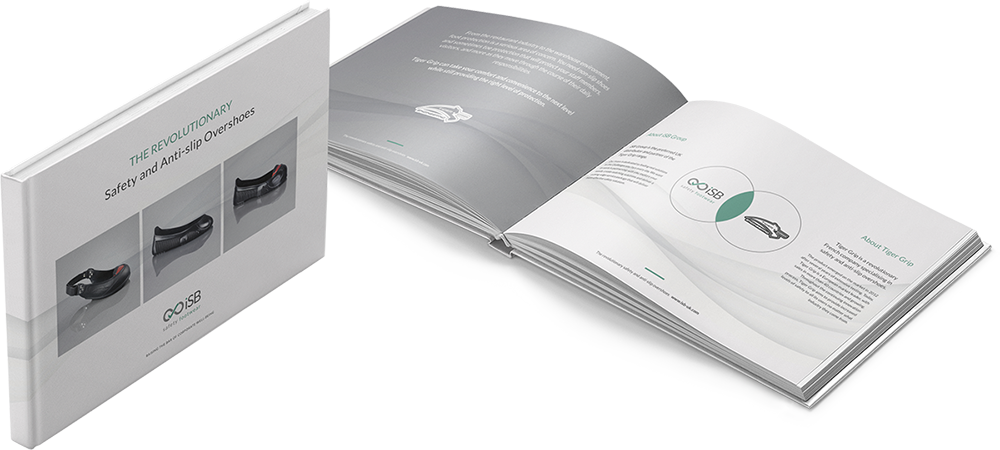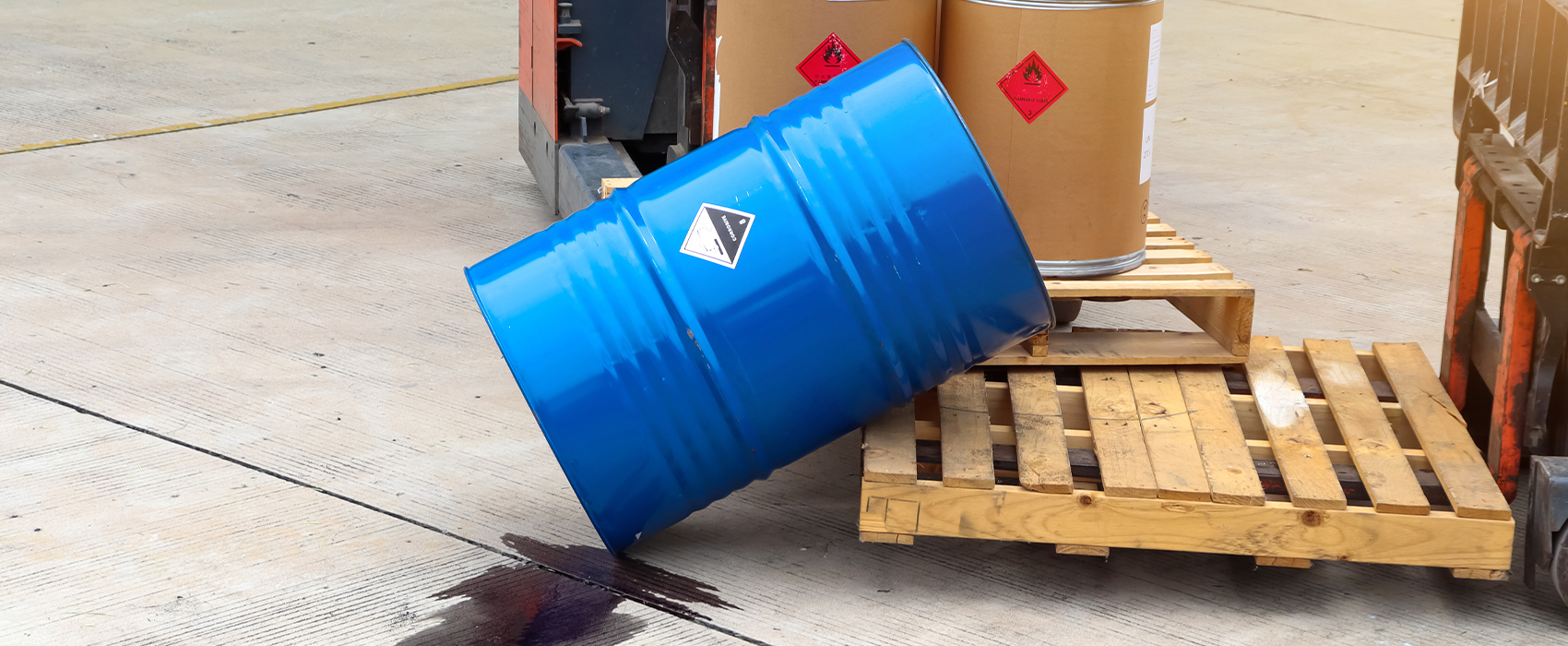
Near miss reporting: Why it matters
If there was a near miss in your workplace, would your team report it or breathe a collective sigh of relief and move on? Nick Grinnell explores why near miss reporting is crucial for a safe workplace…
What is a near miss in health and safety?
A near miss incident is an event that caused no harm, but had the potential to result in injury, illness or property damage.
Sometimes known informally as a ‘close call’, a near miss is not an accident, but could have been but for timing, location or some other fortunate circumstance.
For example, if a heavy item falls from overhead pallet racking onto the warehouse floor, hitting the ground, that is a near miss. It didn’t hit anyone, but if it had, they would have been injured. The fact that no one was injured is a lucky escape.
Why near misses matter
Near misses happen in businesses a lot more often than people think.
Because no one is hurt in a near miss incident, it can be easy to dismiss one with a “phew, that was close!” sigh of relief and get straight back to work.
But a near miss should not be forgotten. It should be reported and acted on, because a near miss means that an accident can and probably will happen sometime in the future.
History shows that serious and catastrophic incidents are often preceded by similar events that could be described as near misses or close calls, which warned that an accident was a possibility.
Why did that item fall from the pallet? Was the pallet damaged? Were items not secured as they should be at height? Did someone make a mistake?
Are your control measures inadequate? Does your team need more training? Are shortcuts being taken for some reason? Whatever happened, the fact there was a near miss means there is room for improvement somewhere.
If you don’t take action, there is very likely to be a repeat of the incident, and next time the circumstances may not be so fortunate and someone may be hurt or even killed.
Reporting near misses
Near misses should not be ignored or treated lightly, even if they seem trivial.
If near misses are happening in your business but no one is reporting them, then you are effectively waiting for one to turn into an accident to discover any gaps, inconsistencies or inadequacies in your health, safety and risk control measures.
Encouraging employees to report near misses allows your business to investigate what went wrong and to fix any issues before someone gets hurt, saving time, money and potentially even lives in the process.
Taking action on near misses in this way establishes a strong safety culture within a business by shifting its health and safety management from reactive – focused on accident and injury rates – to proactive.
Safety becomes everyone’s responsibility, with employees encouraged to play their part by highlighting potential hazards and suggesting ideas for improvement.
Encouraging near miss reporting
There are many factors that can discourage reporting of near misses. These include:
- A long-winded or complicated reporting process
- Embarrassment
- Fear of reprisal
- Peer pressure
- A belief that there is no point because nothing will be done.
Encouraging your employees to report near misses starts with having a simple, uncomplicated process for doing so and a well-publicised expectation that everyone in the organisation is expected to report near misses in that way.
Reporting might be by way of a short form with the time, date and location of the incident, what happened, and the details of any employee affected. Health and safety managers may encourage verbal reporting and complete the paperwork themselves, or digitise the process so employees can report a near miss immediately on their own device.
Publicly praising or rewarding employees for reporting near miss incidents, as well as sharing examples of occasions where near miss reporting has prevented a major incident, can guard against complacency by demonstrating how speaking up early can help stop people from getting hurt or even killed.
Finally, and arguably most importantly, employees will be encouraged to report near misses in your organisation if they see evidence that those reports result in action and change. A near miss is a ‘wake up call’, and businesses should use such incidents as opportunities to improve, otherwise they really are just an accident waiting to happen.
You Might Like...
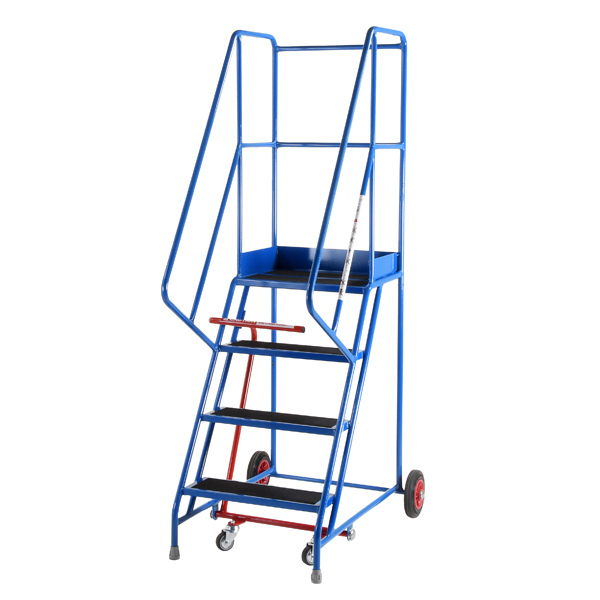 1
1
4 Tread Multi Step (Anti Slip) - SSL2018
Large 560 x 400mm top platform tread to comfortably work from
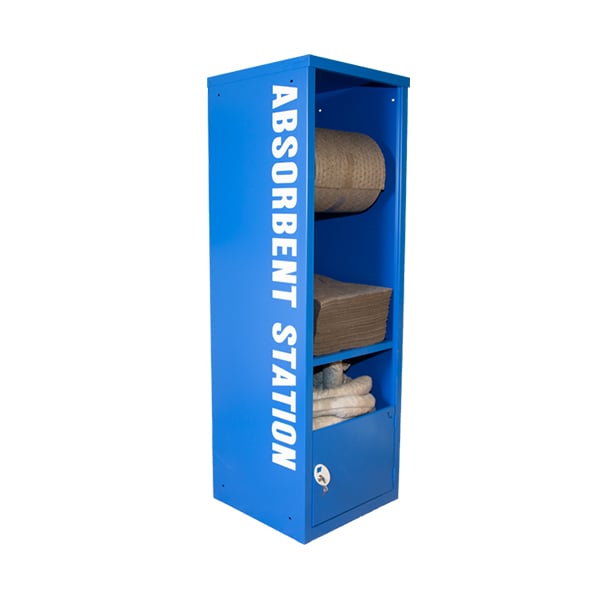 2
2
Absorbent Station - SSC0050
Easy access to materials to encourage pro-active maintenance
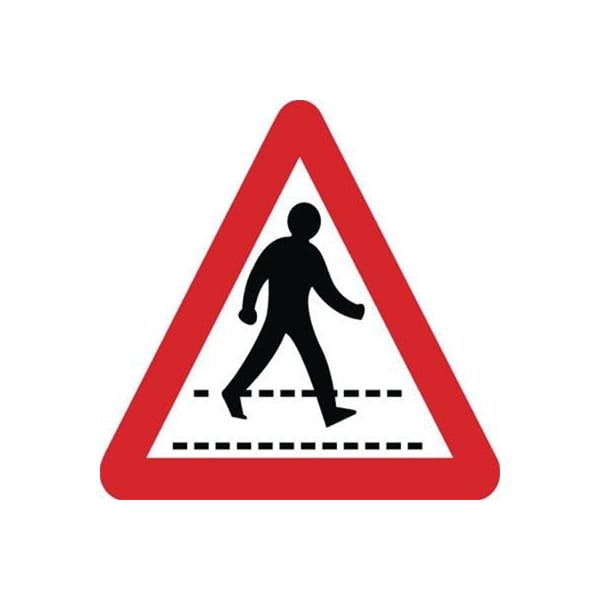 3
3
Class 1 Reflective Signage - SPT1005
Manufactured from 3mm aluminium with a durable Class Ref 1 reflective face
 4
4
Auto Retractable Box Cutter - 10503
Auto-retractable blade, Protective ergo J-hook handle, Ambidextrous design.
















